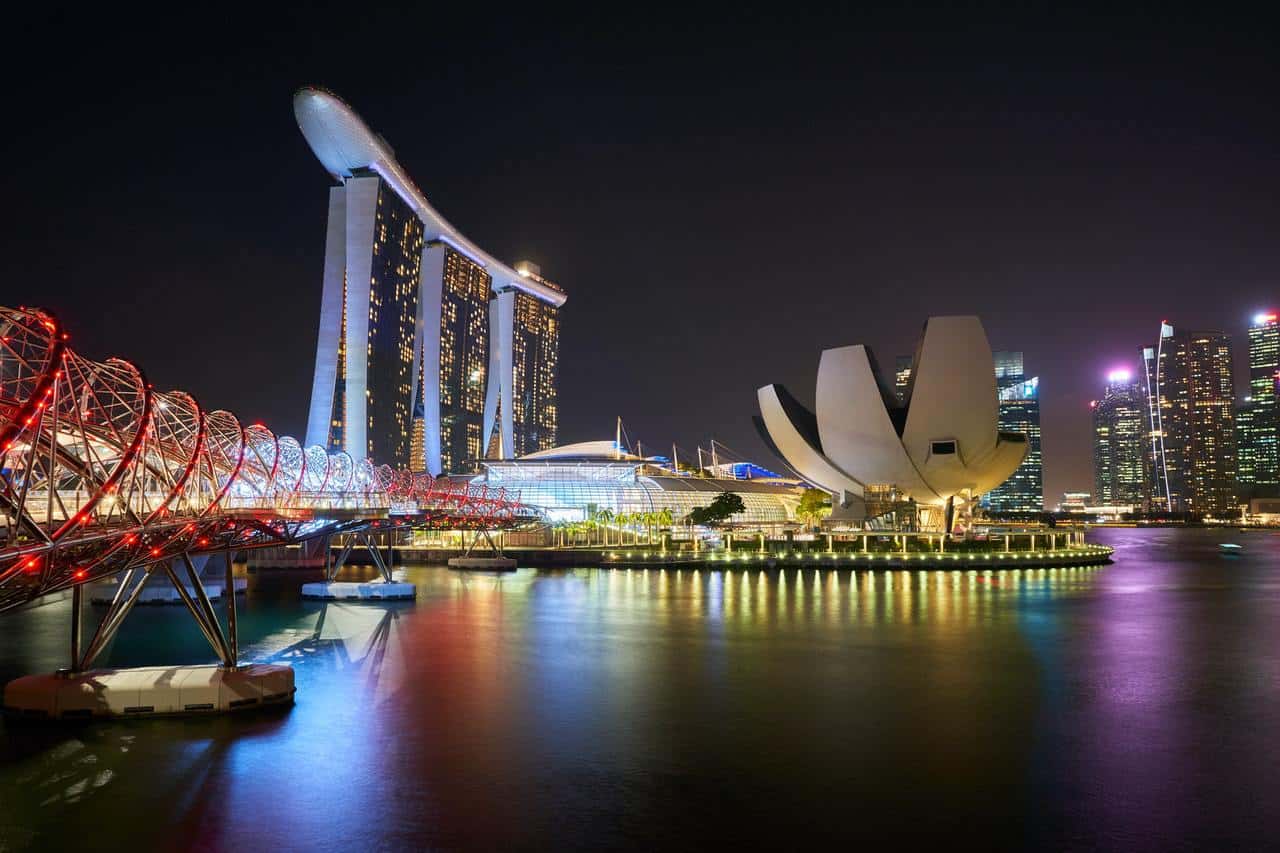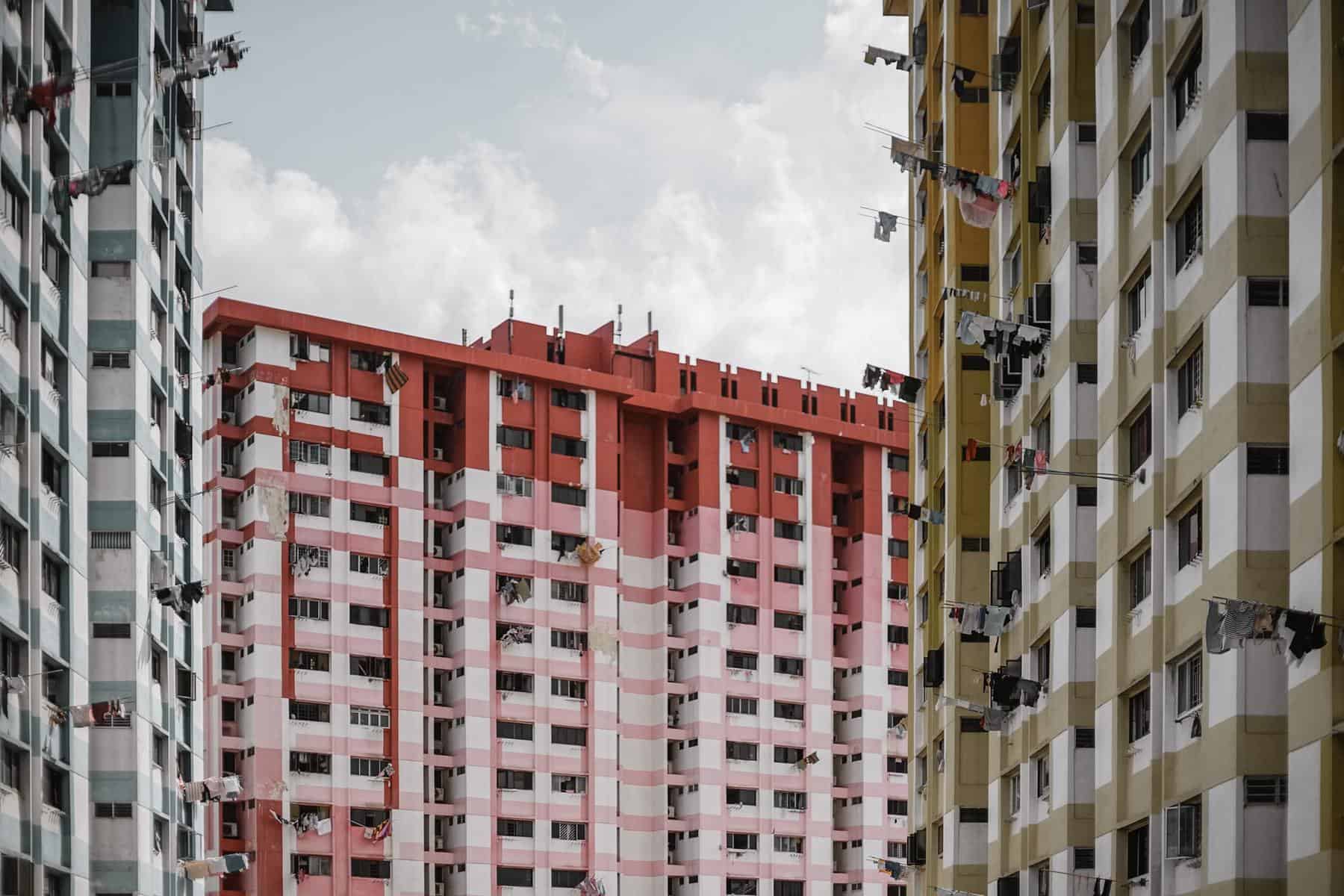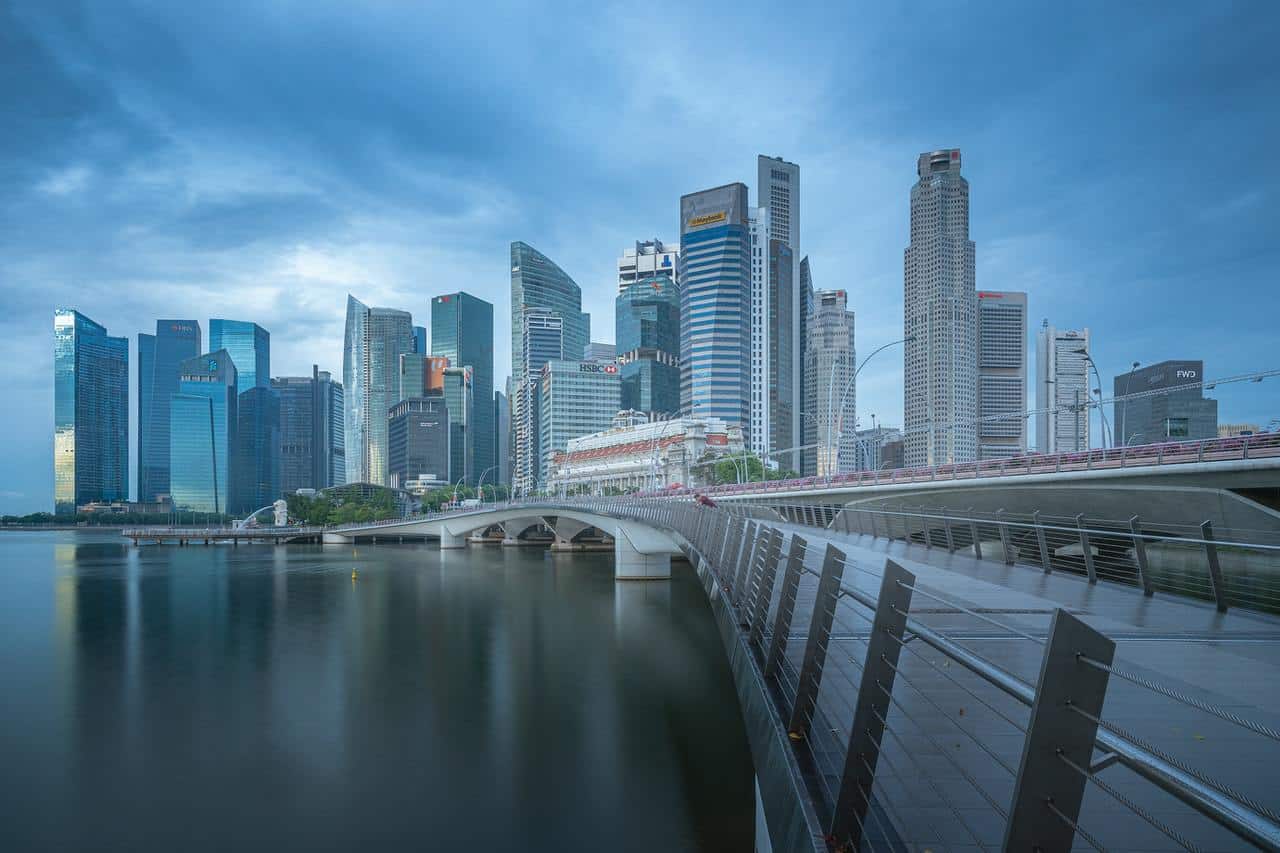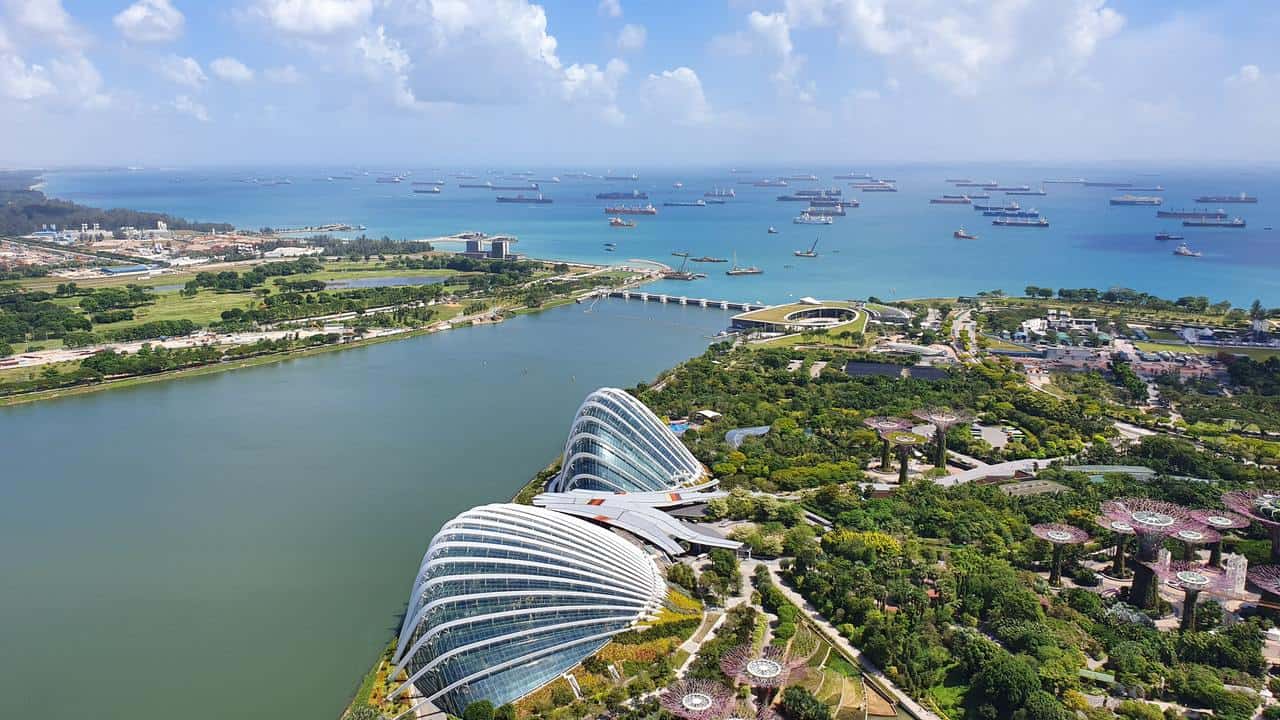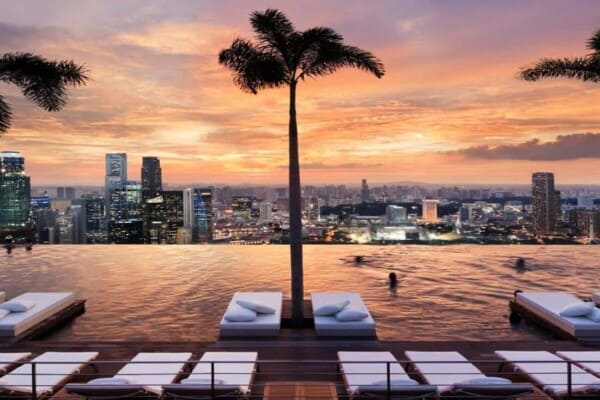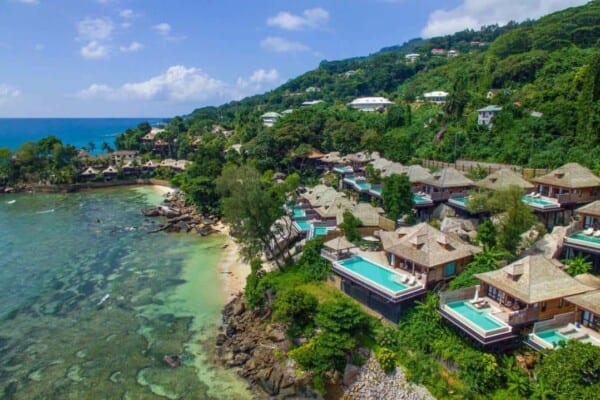Singapore has one of the highest living qualities amongst other Southeast Asian countries. Its pristine buildings, well-kept streets, amiable citizens, and good governance makes it a popular choice amongst immigrants. Despite its small size, it is undoubtedly one of Asia’s best places to live in when measuring its economic, social, physical, and political attributes.
There is no doubt that many foreigners long to live in this city to learn the culture and communicate with its people. However, settling in Singapore is relatively easy. Still, there are certain customs that you may have to get used to—for instance, living in condo-style apartments instead of single-story houses.
Fortunately, we have evaluated some of the essential things you should know when settling in Asia’s best city. Here are the top three things that you need to be aware of before moving to live in Singapore’s lavish streets.
1. Get Used To Condo-Style Apartments
If you used to live in large two to three-story houses with a personal backyard and driveway, then you might need to know that property costs in Singapore are expensive because of its small land space. Thus, many people live in an HDB or Housing and Development Board apartment.
Fortunately, these buildings are usually in close proximity to MRT stations, bus stops, and public establishments for your convenience. If you are unsure where to live for long-term apartments, you can always try temporary accommodations and use self storage if you want extra space. Store your bulk possessions like unused furniture and other items.
If you do enough research, you will find that there are several serviced apartments across the country. They offer flexible and convenient living spaces that sometimes even offer complimentary cleaning for your apartments. Some have built-in pools, gyms, and other luxury facilities.
2. Secure A Job
Singapore has a strict employment law that regulates foreigners’ ability to work in the country. Its government prioritizes local citizens over foreign applicants. Therefore, if you come to the island intending to settle down, you need a stable job secured before moving. Obtain your employment pass and other necessary credentials.
Authorities often watch over foreigners that enter the country looking for work while using a tourist visa. The best way to secure your stay is to ensure a job beforehand. Apply online or get deployed from your existing company. Either way, it is best to come to Singapore prepared rather than hopeful of an opportunity.
3. Research and Follow Rules
Do your research right, and you will see that Singapore is labeled one of the safest countries on the Asian continent. The primary reason for such low crime rates is the city’s strict implementation of the law. They are very keen on individuals who violate the rules and regulations of the city.
As an immigrant, you need to be aware of the country’s do’s and don’ts to avoid issues with the authorities. You do not want to end up getting repatriated with other consequences ruled out in court. You need to respect the country’s rules. For instance, if you throw your trash out on the street, you can get caught and fined for a large amount. A record of this will reflect on your credentials poorly if you wish to apply for permanent residency in the future.
You have to be aware of the country’s rules and way of living. After all, you need to adjust to the environment and not the other way around.

